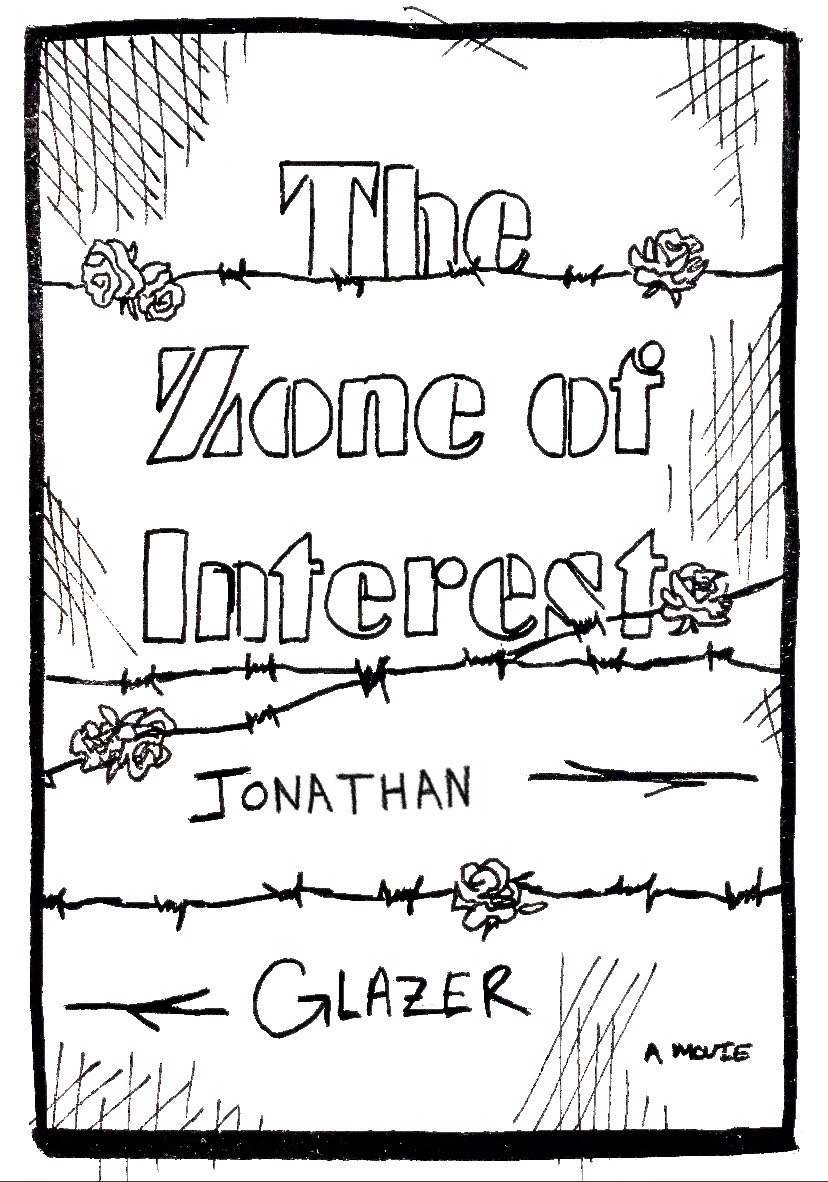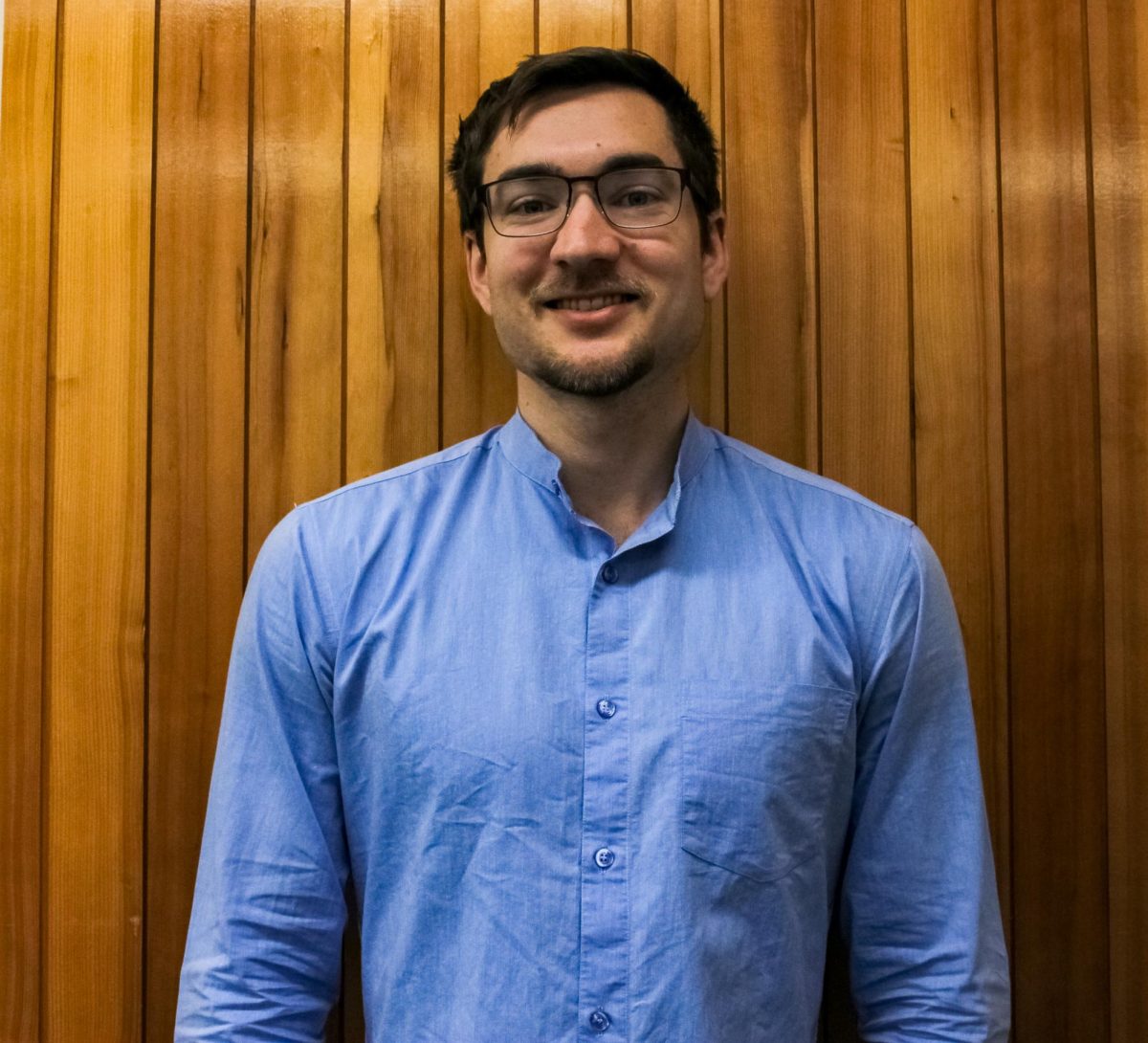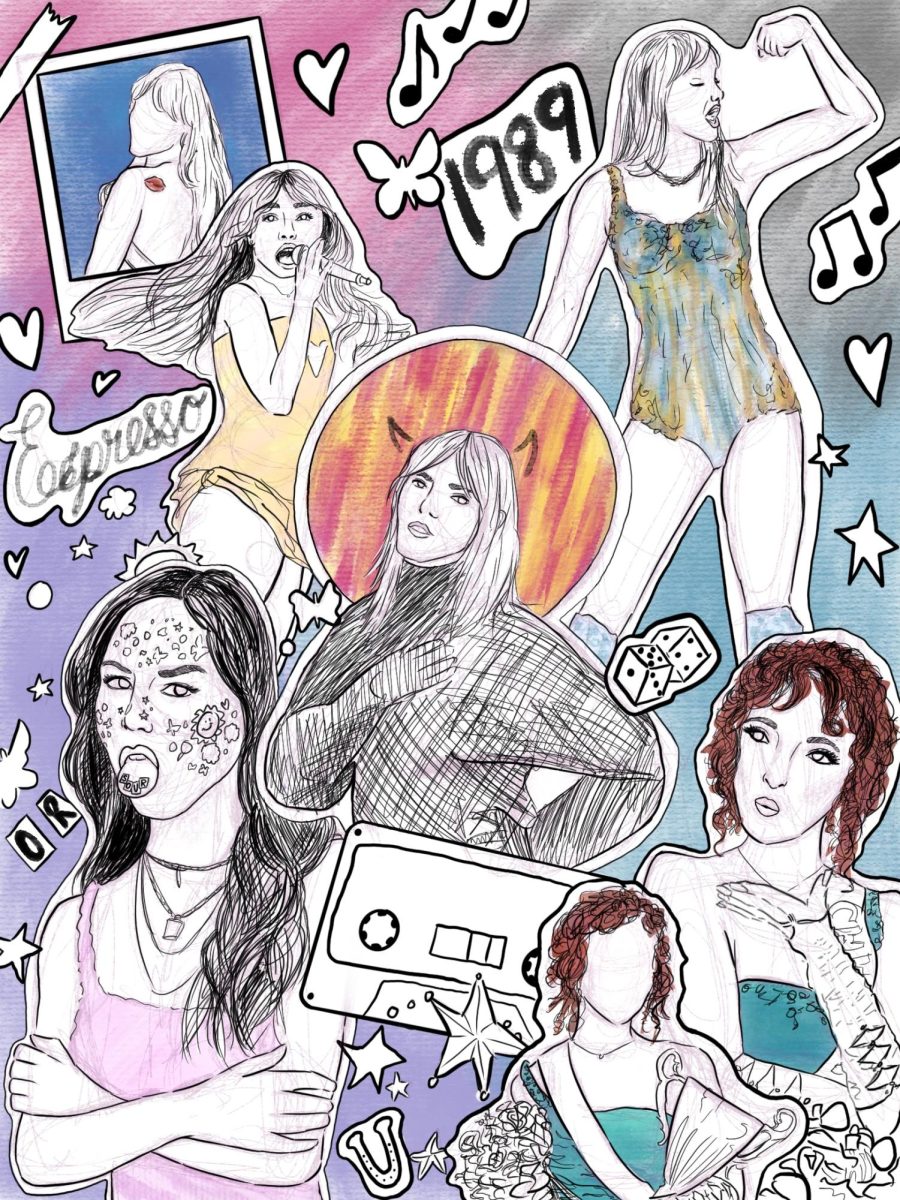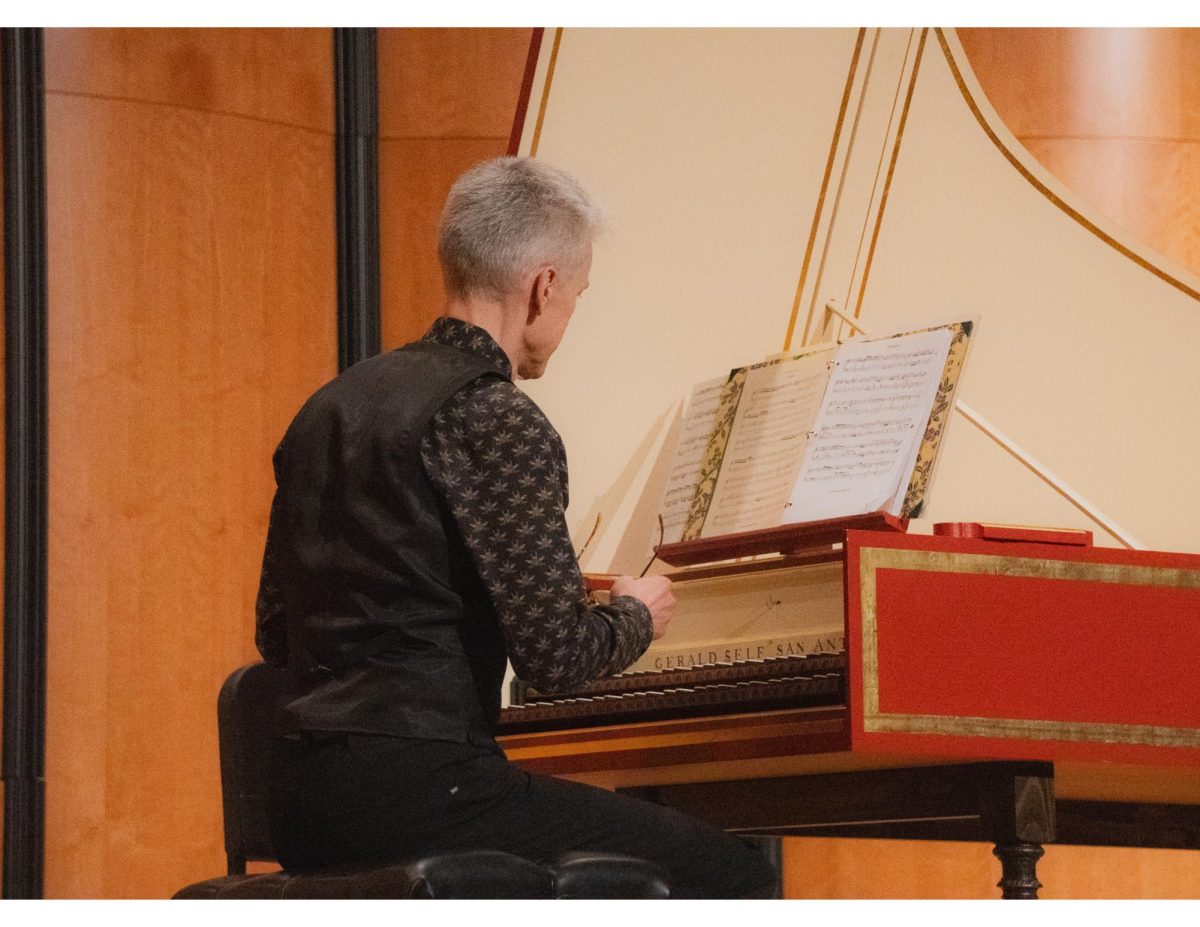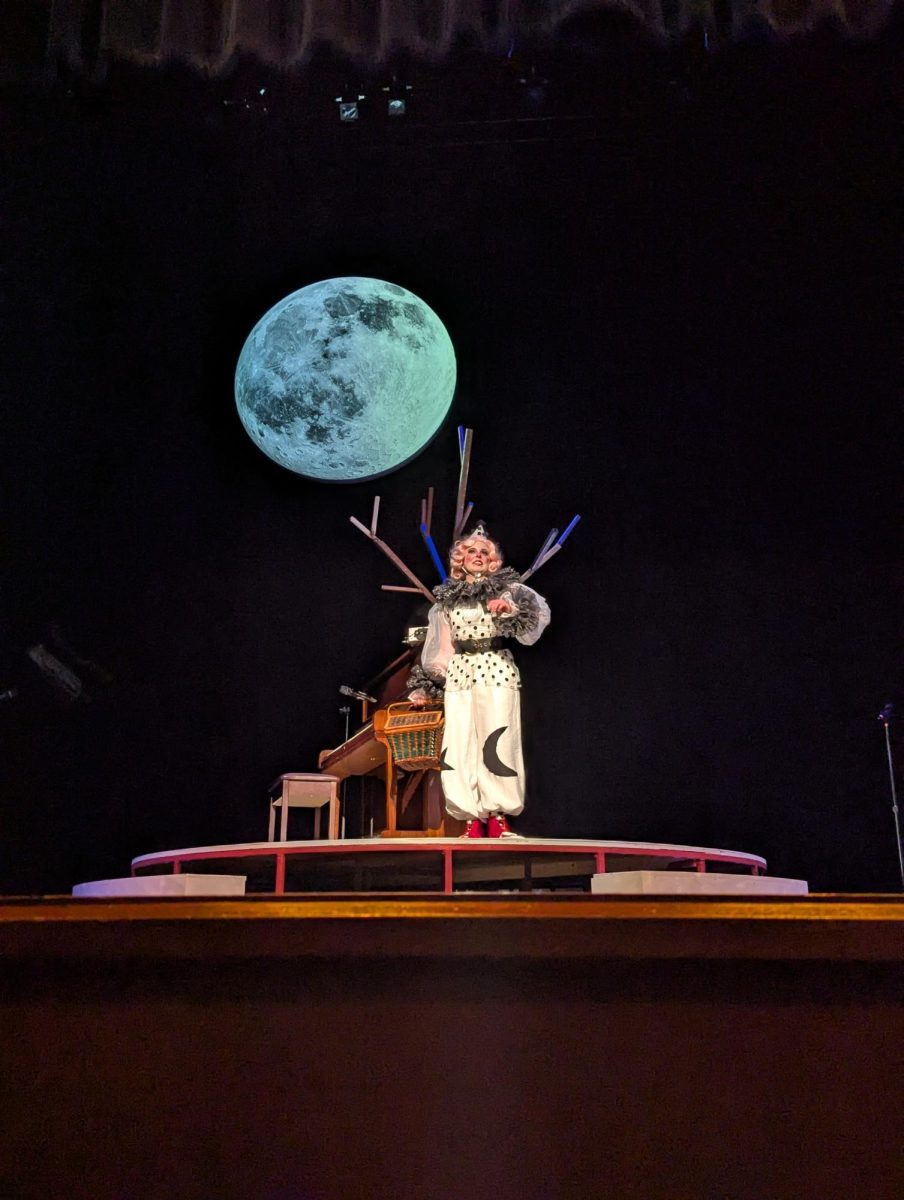Disclaimer: content warning for the Holocaust and spoilers ahead for film
Jonathan Glazer’s 2023 masterpiece film “The Zone of Interest” follows the lives of Rudolf Höss, his wife Hedwig and their five children. The Höss family lives a comfortable life. They have a large home with a beautiful garden and a pool. They live within walking distance of a nearby river, surrounded by verdant vegetation and gently rolling hills. Servants attend them, they have a playful family dog and regularly enjoy family picnics and other seemingly pleasant outings. Rudolf Höss was also, however, the real-life Nazi Kommandant of Auschwitz-Birkenau, where he directly oversaw the murder of over a million Jews during the Holocaust.
Even those without detailed knowledge of the Holocaust will quickly realize the Höss family’s home is situated next to a site of humanity’s worst crime. The details of the Holocaust, however, are often hidden just out of site. Distant gunshots and screams punctuate the background of almost every scene. Smoke from the camp’s crematoria rises from beyond the Hösses’ garden. The film does not distinguish whether a baby’s wailing is from the Hösses’ infant child or the death camp over their garden wall. In one especially nightmarish moment, we are given a brief shot of enslaved Jewish people fertilizing the Hösses’ lush and meticulously maintained garden with human ashes.
Despite all this horror (in fact, because of it), the Höss family is comfortable and happy. Hedwig describes their lives at Auschwitz as “everything we’ve ever dreamed of.” This intentional separation of the audience from the suffering of victims forces us to live in its subjects’ jackboots, and thus consider the implications of such a vantage point. This perspective achieves something remarkable — the humanization of Nazis. I need to be extremely clear right now. When I say humanization, I do not mean the film sympathizes with its Nazi subjects.
Humanization, in this instance, requires understanding Nazi crimes as distinctly and wholly human. The Holocaust was not an otherworldly act wrought upon European Jews by a supernatural force. It was the product of human institutions, human incentive structures, human behavior patterns, human apathy and, above all, human hatred.
The Hösses’ desire for comfort, career success and stability requires them to maintain cognitive dissonance about their crimes, and the movie makes crystal clear that both their personal greed and their willful mental suppression of the Holocaust’s nature are deeply human actions. If the Nazis are allowed to become monsters devoid of humanity, then we are allowed to wash our hands of their sins and our own participation or inaction in the suffering of the world. The crime of the Holocaust was unique; human involvement in it and apathy towards it was not.
An important point of comparison with the film is Hannah Arendt’s seminal 1963 text “Eichmann in Jerusalem,” in which Arendt coined the phrase “banality of evil” to describe the boring and bureaucratic personalities of many of the Holocaust’s perpetrators. However, I think “The Zone of Interest” is doing more than simply adapting the “banality of evil” to film.
As a work of historical fiction, “The Zone of Interest” is not really about giving us an accurate glimpse into the real lives of Höss and his family. Instead, the film uses its monstrously horrific setting to place the audience in a position of self-reflection. In short, the movie forces us into the perspective of mass murderers. It’s an uncomfortable position to be in, but it compels us to consider the walls we build, mental and physical, to ignore the suffering and oppression we benefit from.
Like the Höss family, we want happy, peaceful, comfortable lives for ourselves and our loved ones. Also, like the Höss family (albeit to a far less direct and severe degree), we ignore or participate in the perpetuation of horrific evil to build those comfortable lives. It is not just that evil exists beside the mundane, but that the two cannot be separated. The comfort of the Hösses’ life is inextricably bound to the personal and systemic cruelty they perpetrate on others. Their normalcy only exists because of their place in the Nazi genocidal regime.
To live in America, especially to be wealthy or even comfortably middle class, is to enjoy living standards available only because of the mass suffering and exploitation of most of the world’s population, both presently and historically. “The Zone of Interest” demonstrates the shared humanity between its subjects and the audience, and then shows how the apathetic, greedy and hateful dimensions of that humanity ended in atrocity, thus implicating those of us who live lives of luxury paid for by the misery of others.
Glazer, who is Jewish, has stated his direction strives to achieve this effect: “For me, this is not a film about the past. It’s trying to be about now, and about us and our similarity to the perpetrators, not our similarity to the victims.” This is the power of anti-fascist art — not to merely discredit fascist ideology, but to force viewers to reexamine their own complicity in the systems of oppression fascism intensifies and revels in. We, too, enjoy gardens of ash.

